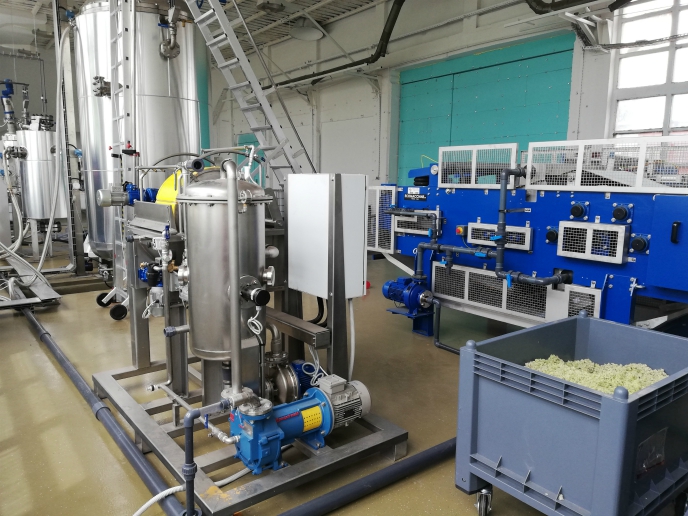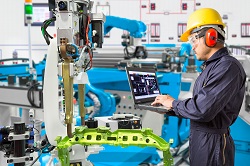New technology lets ski resorts produce snow in above-freezing temperatures
One effect of climate change is warmer winters and less snowfall, both of which represent a significant threat to Europe's multi-billion-euro ski industry. Although many ski resorts have snowmaking machines to help stretch the ski season, they are only useful when temperatures are below freezing. To help future proof the ski industry against climate change, the EU-funded SnowRESolution project is developing technology capable of producing high-quality snow at temperatures above 0° C, in all weather conditions, and without any chemical additives. "Winter tourism, which generates annual revenues in excess of EUR 70 billion, is completely dependent on there being snow on the ground," says project coordinator Francesco Besana. "Our project aims to mitigate this risk by producing a reliable, fully-automated, and remotely-controlled snowmaking system that provides continuous snow production and is powered by renewable energy sources." A novel solution The project's proprietary technology uses a thermally driven refrigeration cycle that exploits the triple point of water. In these conditions, which occur at 0° C and almost in a vacuum (6mbar), the three phases of ice, liquid, and vapour are in equilibrium, and small ice crystals begin to form. Thermal energy for the system's steam jet compressor is provided by such renewable energy sources (RES) as solar collectors or a biomass steam boiler. "Water is the only working fluid in the whole system, which guarantees an ecologically friendly snow supply," says Besana. "No one in the world has ever proposed such a solution for snow generation." While developing the technology, project researchers had to overcome several unexpected challenges. For example, researchers discovered that once the temperature reached -5° C, the project's Snow4Ever machine would not automatically restart. "This required us to engineer an anti-freezing system to prevent the machines from freezing when they were idle, even for short periods," explains Besana. "We also added a feature that automatically restarts the machine whenever the temperature hits -3º C." The snow produced by the Snow4Ever machines has a density lower than 500 kg/m3 and a grain crystal size smaller than 0.5 mm. When the machines run on thermal energy from RES, energy consumption is 10 kWh/m3 of snow (compared to 30 kWh/m3 when running on electricity). A standard Snow4Ever machine can produce around 48 m3 of snow per hour. "Overall, our pilot programmes achieved an outstanding balance between the quality of snow, energy consumption, and daily production rates," notes Besana. "But most importantly, we successfully demonstrated the feasibility of renewable snowmaking with zero chemicals and at temperatures above zero degrees Celsius." First customers signed Although still some way away from being the official snow provider of such prestigious ski races as Marcialonga, the project has produced five Snow4Ever machines in three different sizes. And after having performed pilots all around the world, the SnowRESolution has already secured its first clients. "Our machines are currently in a pre-series stage and available for sale," says Besana. "But more work must be done, and we continue to make developments that increase the Snow4Ever machines' efficiency and durability while also reducing costs."







